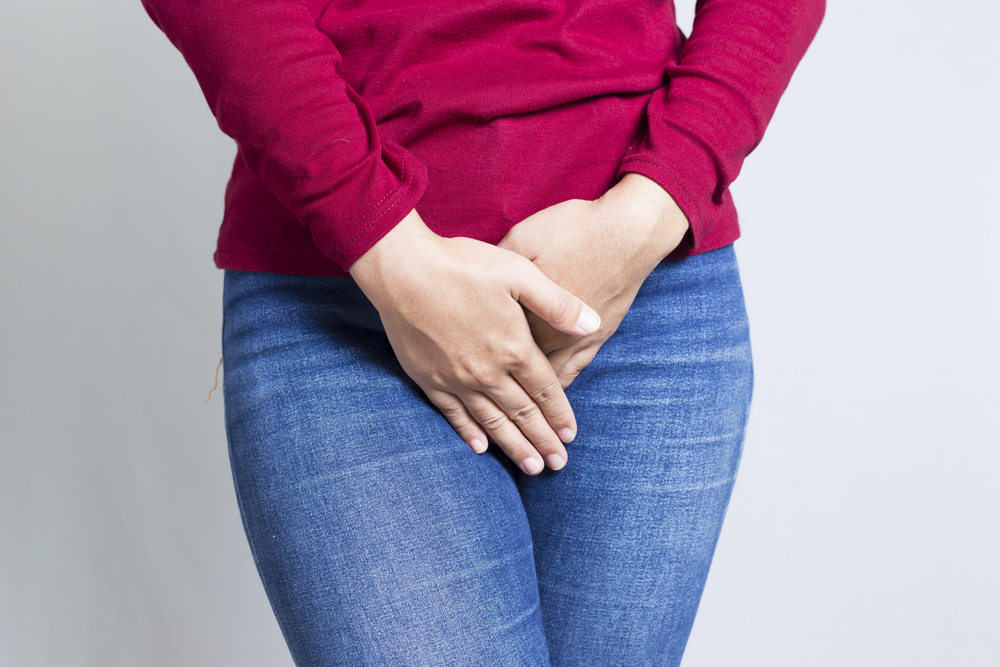Chlamydia is a common sexually transmitted disease that infect both men and women. This may cause serious and permanent damage to a woman’s reproductive system, making it difficult or impossible for her to get pregnant later on. Chlamydia can also cause a fatal ectopic pregnancy (pregnancy that occurs outside the womb).
Chlamydia can be spread by having unprotected vaginal, anal, or oral sex with someone who is infected. Men with chlamydia may infect his partner even if he does not ejaculate (cum). Due to behaviors and biological factors, sexually active young people are at a higher risk of getting chlamydia. Gays, bisexual, and other men who have sex with men are also at risk.
If you’ve had chlamydia and were treated in the past, you can still get infected again if you have unprotected sex with someone who has chlamydia.


